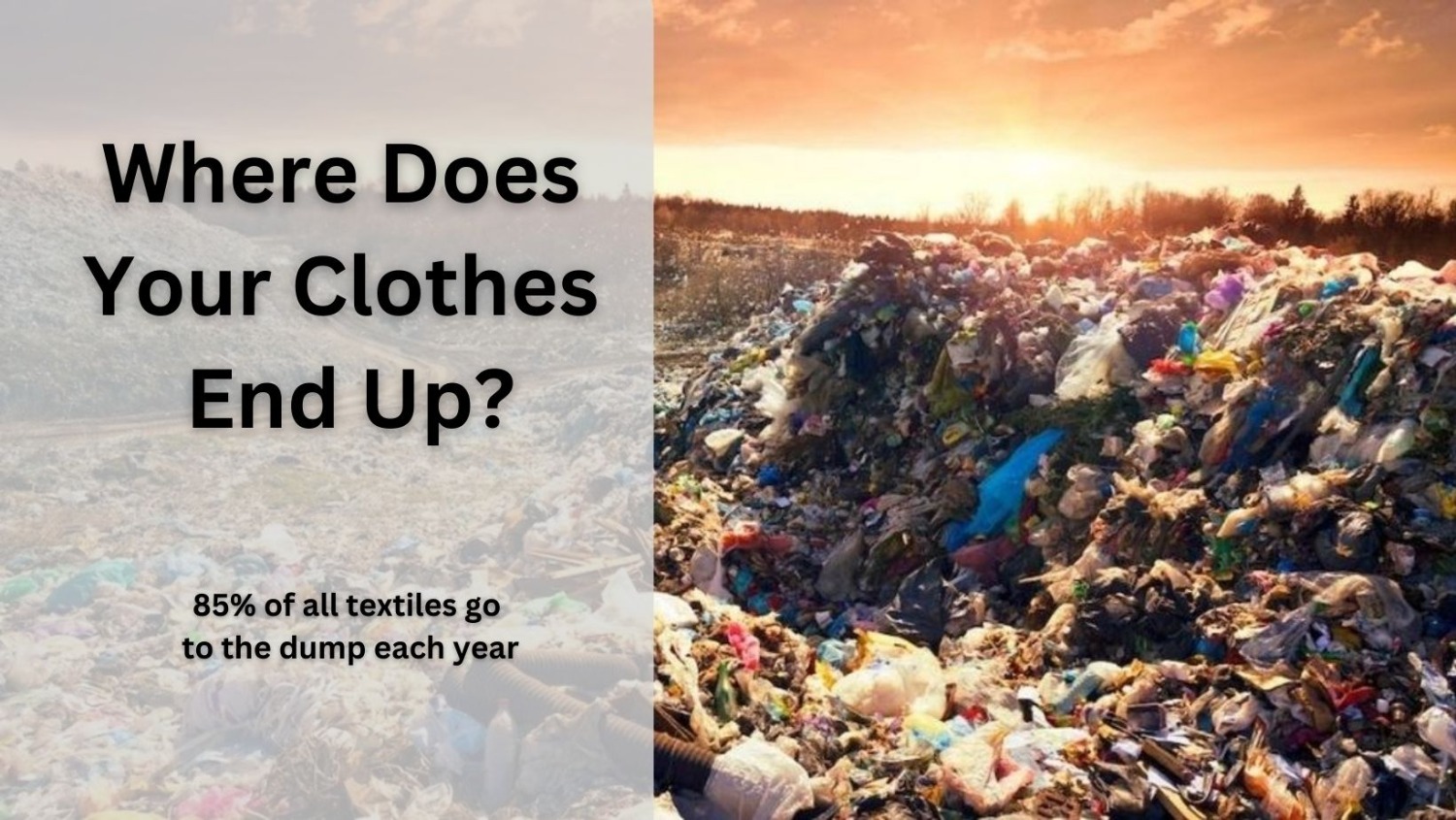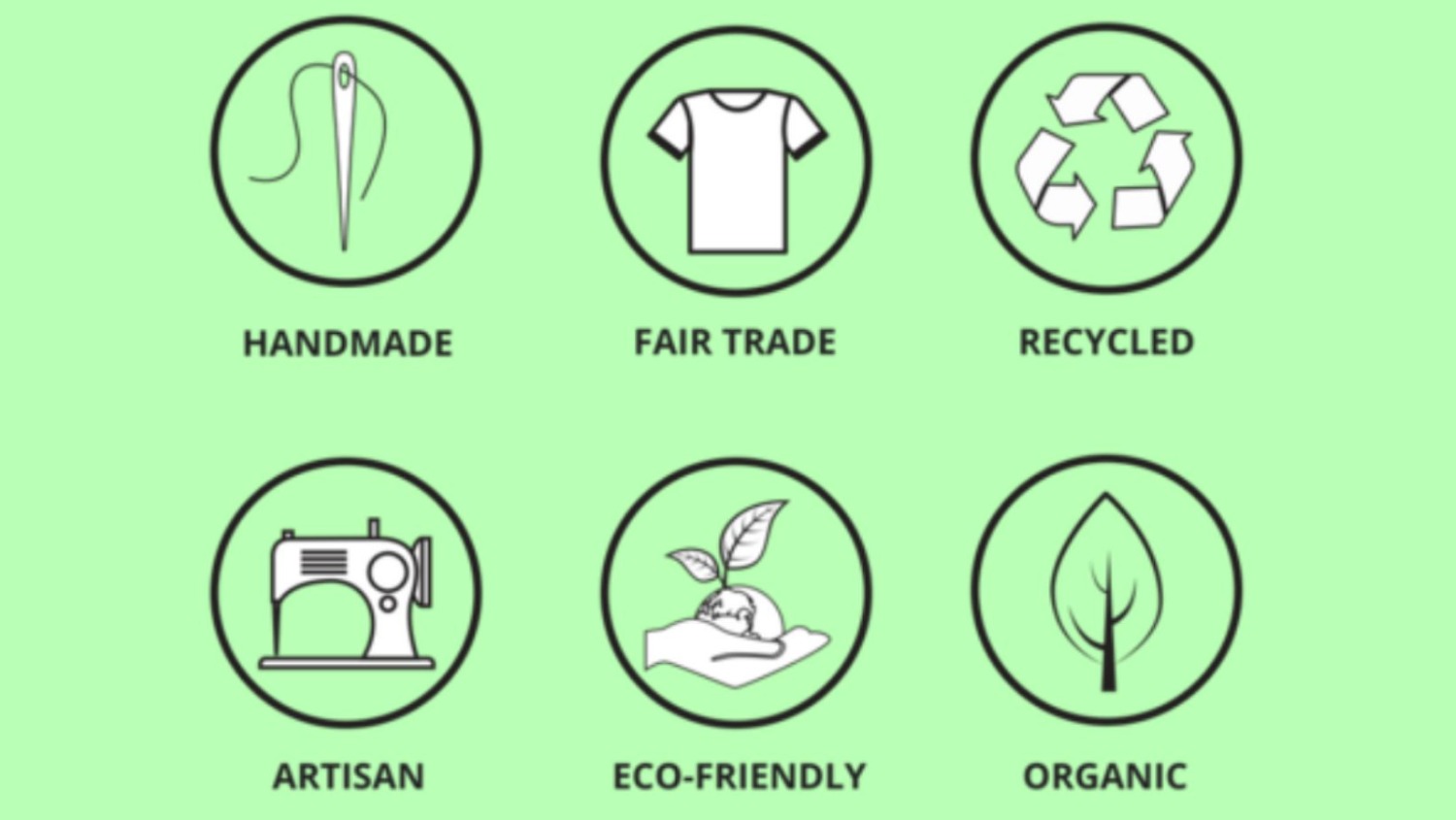On average, people bought 60% more garments in 2014 than they did in 2000. Fashion production makes up 10% of humanity's carbon emissions, dries up water sources, and pollutes rivers and streams. What's more, 85% of all textiles go to the dump each year.

Fast fashion is a term used to describe the rapid production and consumption of inexpensive clothing, often emphasizing rapidly changing trends. While it has become popular in many parts of the world, it has also led to numerous problems, especially in countries like India. It is one of the largest textiles and finished apparel producers in the world. India’s textile industry employs millions and is an important part of its economy. However, the rise of fast fashion has led to significant problems in the industry.
According to a study by Business Insider, As consumers worldwide buy more clothes, the growing market for cheap items and new styles is taking a toll on the environment. On average, people bought 60% more garments in 2014 than they did in 2000. Fashion production makes up 10% of humanity's carbon emissions, dries up water sources, and pollutes rivers and streams. What's more, 85% of all textiles go to the dump each year.
One of the main problems of fast fashion in India is its impact on the environment. The textile industry is one of the biggest contributors to pollution in the country. The use of chemicals in the production process results in high levels of water, soil, and air pollution. According to a report by the United Nations Environment Program, the textile industry is responsible for up to 20% of global water pollution. The fast fashion industry also generates a significant amount of waste. With a focus on rapidly changing trends, garments are often designed to be thrown away. The low cost of these garments makes it easy to throw them away, leading to an increase in textile waste. According to a report by the Ellen MacArthur Foundation, the equivalent of one garbage truck of textiles is landfilled or incinerated every second.
Another major problem with fast fashion in India is the working conditions of workers in the industry. The fast fashion industry often relies on cheap labour to keep prices down. This leads to poor working conditions, low wages, and long hours for workers. According to a Human Rights Watch report, workers in the Indian garment industry often face exploitation, including forced overtime, denial of paid leave, and unsafe working conditions. Child labour is also a significant problem in the Indian garment industry. Children are often employed in the industry to cut costs and are often exposed to dangerous working conditions. According to a report by the Global March Against Child Labour, there are an estimated 12.6 million child laborers in India, many of whom work in the textile and garment industry.
The fast fashion industry in India also impacts the country's traditional textile industry. Many traditional textile techniques, such as weaving and embroidery, are being lost as the fast fashion industry focuses on mass-produced, low-cost clothing. This has led to a decline in traditional skills and a loss of cultural heritage, To address these problems, the way the Indian fashion industry operates must change. One solution is to encourage Brands that follow the use of sustainable materials and production methods and aim for zero waste. This could include the use of organic cotton, recycled fabrics, and natural dyes. It could also be about reducing waste by designing garments that are durable and can be repaired or recycled.
Finally, there is a need to raise awareness of the impact of fast fashion on the environment and society. Consumers can play a role in this by choosing sustainable and ethical fashion brands. They can also reduce waste by buying fewer garments and repairing or recycling the clothes they already own.
| Together, we can build a better future for the fashion industry in India and create more sustainable and ethical practices. We must remember that every purchase counts, so let’s make sure our choices are made responsibly. It is up to us to create a brighter tomorrow—one that is kinder to people and the environment. We all have the power to make a difference and help shape the future of India’s fashion industry. Let’s work together to create an industry that respects both people and the planet by making sustainable choices, investing in long-lasting pieces, supporting local artisans, advocating for improved working conditions, speaking out against unethical production methods, and buying from ethical brands like Peeli Dori. |  |


The information below is required for social login
Sign In
Create New Account